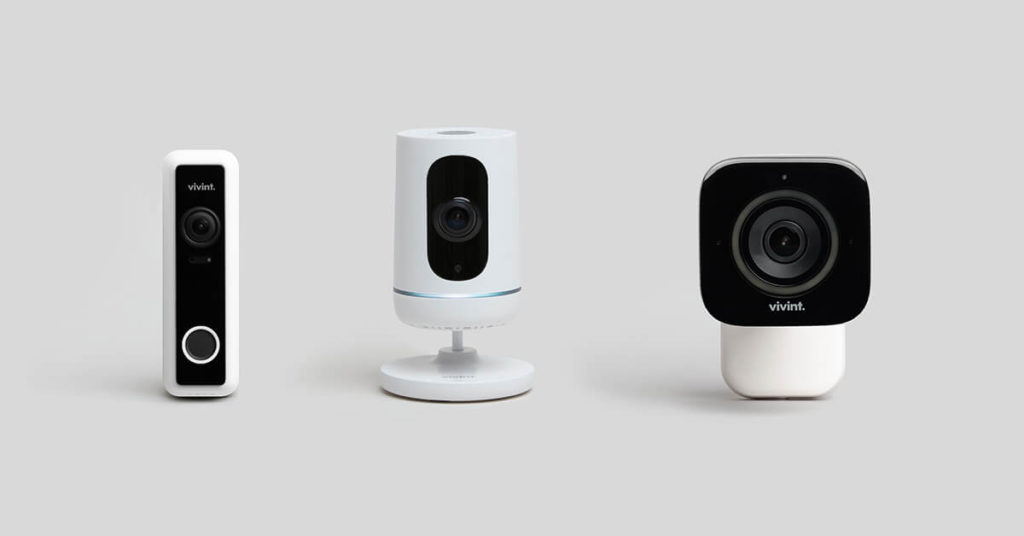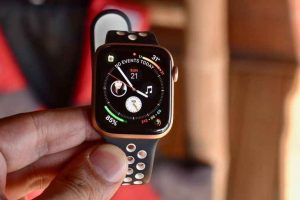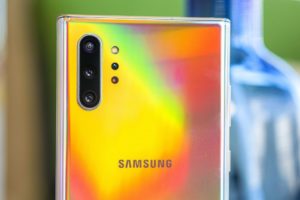Generally, when it comes to choosing a camera setup for security you get to choose between two routes. The first and most conventional path is the CCTV route which is also a more traditional solution. With CCTV a set of strategically positioned and installed cameras capture video footage which is then sent to a central storage device. This footage is also ready to be viewed on a monitor or TV in real-time.
The other path is the smart home security camera solution which stores its footage on the cloud, in a micro SD, or in the built-in memory. This footage can be accessed and viewed remotely via a smartphone app or a web interface.
In the recent past, there has been some considerable extent of overlap between the functionality of these two distinct security solutions. For instance, it is not very hard to get a CCTV system with some smart features like you would find with smart home cameras.
The objective of this post is to help you choose the best security surveillance system for you between CCTV and smart home security cameras. Are you looking for a solution that requires minimal maintenance and interference from you? Or are you looking for a cheap easy-to-install solution that you can control from anywhere?
Also Read:
- How Smart Home Security cameras work and what you should know before buying one
- Best Affordable Smart Home Cameras to Choose From
The Case For CCTV Systems
For anyone who might not know, CCTV is an acronym for Closed-Circuit Television. With CCTV, the footage is recorded by cameras connected by cables to a centrally positioned storage device. There usually is a monitor or television that you can use to view the stored videos.
The reason this system is referred to as a closed circuit is that it has no external connection to the internet. I should however highlight that CCTV manufacturers are adding new features like support for smartphone app integration.
CCTV Systems are More Reliable
Other CCTV manufacturers have introduced motion detection and push notifications for the same. With CCTV, these features are usually included in the initial buying costs. And not as a recurring subscription as is typical with smart home security cameras. The main selling points for CCTV solutions are their reliability and simplicity. This is due to the fact that the wired connections between the recorder and cameras are free from the risks of wireless failure or interference.
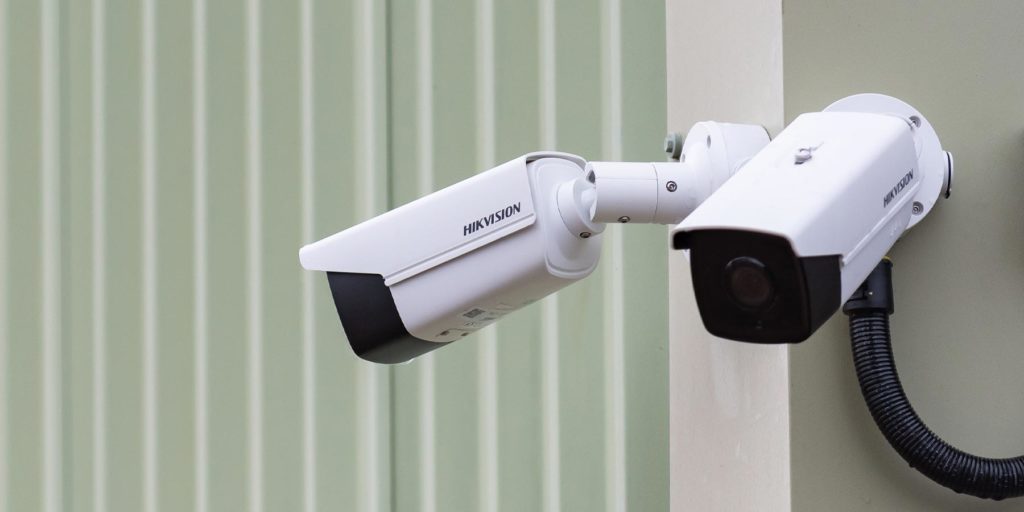
Generally, CCTV systems are designed for use outdoors hence they are weather-resistant. Another key point for CCTV solutions is that they record everything. This is to mean the length of recorded footage will be limited by the storage capacity of your recorder. With CCTV, a full timeline of footage can be accessed not just snippets triggered by detected motion as is with smart home security cameras.
Also Read:
CCTVs are Better at Nightvision and Your Data is Safer
Another upside for CCTV solutions is their night vision powered by infrared. Granted, some smart home cameras have support for night vision but they cannot compare with CCTV in terms of range. Again because CCTVs use a local kind of storage instead of uploading to a cloud storage system, CCTVs tend to be much safer. This is because internet-based data storage systems are prone to cyberattacks, connection outages, and downtimes. The storage service provider might also go out of business and leave you stranded.
A downside to locally stored footage is that if the original gets damaged or lost, the lack of an online backup can be detrimental. Another downside to CCTV is that the local hard drive limits the length of stored footage while most smart home cameras have unlimited cloud storage. Additionally, installing CCTVs requires some level of skill and effort because of running cables and wires. Another con for CCTV against smart home cameras is that their high mounting positions mean they get a good view of the surroundings.
Also Read:
- How to fix QR Code pairing issues with Smart Home security cameras
- How Smart Home Security cameras work and what you should know before buying one
The Case for Smart Home Security Cameras against CCTV
Smart home security cameras do not operate on closed circuits like CCTVs. These use cloud storage services from their manufacturers where they upload the captured footage. This uploaded footage can then be downloaded or streamed to your phone or PC. This is a key distinguishing factor as it eliminates the need for you to manage the recording and storage of footage. The cloud storage also adds to simplicity and accessibility because you can view the live footage anytime from anywhere. Provided you have an internet connection.
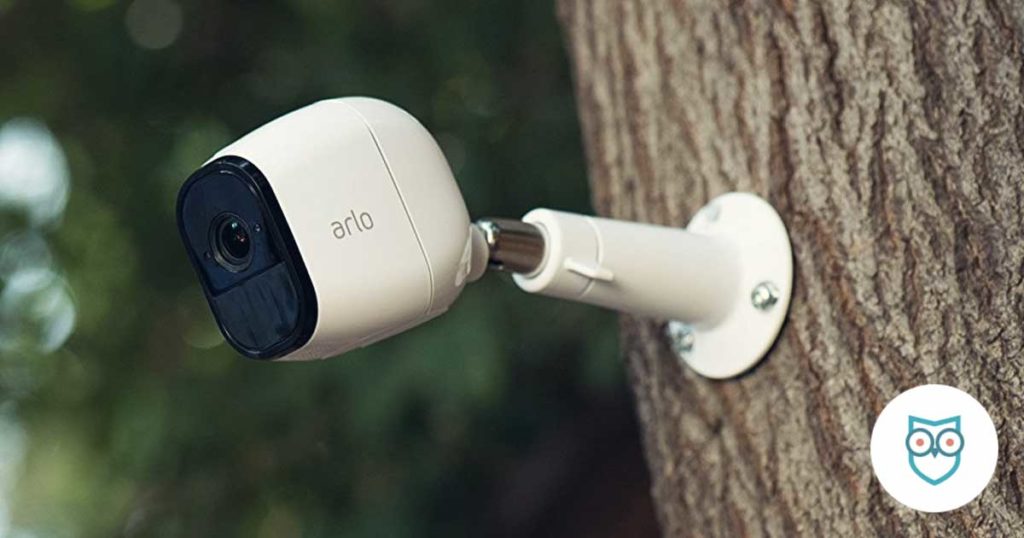
Smart Home Cameras Have AI and are Easy to Install
Smart home cameras can either be wired or wireless. With wireless smart home cameras, they come with built-in rechargeable batteries. Thus they are very easy to install because no power cables need to be run to power outlets. But it also means the user has to keep a keen eye on the battery levels. Else it might go off in time of need. There are also other types of smart home cameras that come with micro SD and USB slots that you can record footage to. That is if you want to avoid paid cloud storage subscriptions.
Currently, there are many smart home security cameras that come with Artificial Intelligence (AI) which helps them identify objects. With AI, the camera can distinguish between a dog, a cat, a car, a person, etc. Hence providing a filter for notifications you receive about detected motion. Other Advanced AI smart cameras can identify familiar people like your friends and family, like Apple’s HomeKit and Google’s Nest.
Also Read:
- Wyze Cam v3 Review: An affordable wired Smart Home Security Camera with Color Night Vision
- Wyze Cam v3 vs Wyze Cam Pan v2: Which smart security camera should you buy?
Smart Home Cameras Have Two Way Audio
An important feature that sets home security cameras above CCTVs solutions is the ability for two-way audio. This means that the smart camera has a microphone and a speaker to facilitate communication with someone in the camera’s field of view. Most people use this to scare intruders by letting them know that they are being recorded. Or telling the person at your door to bear with you as you go open the door for them.
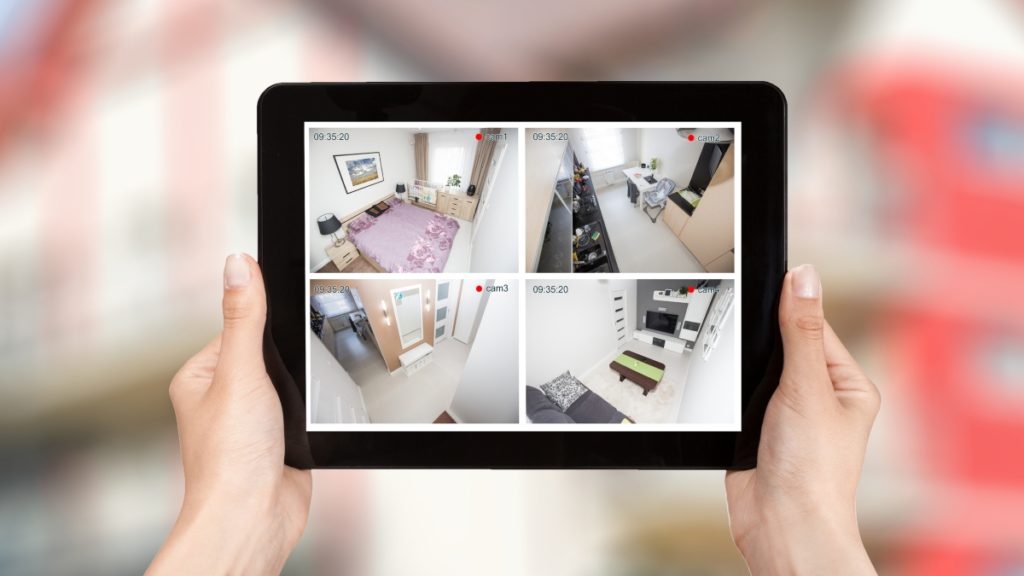
Unlike CCTVs, smart home cameras are designed to work and fit inside your household conspicuously. There are some manufacturers who make indoor use-only cameras that come without weather protection features. These tend to be smaller and more affordable than outdoor use smart cameras. Smart home cameras can be used as baby monitors, security cameras, video doorbells, and pet monitoring. The applications here are limitless. This flexibility of use puts smart home cameras above traditional fixed CCTV systems.
Also Read:
- Cloud Storage vs Local Card: Which is the Best For Your Smart Home Camera
- These (5) Smart Home WiFi Cameras work with local storage
Conclusion: Which Is Best For You?
Both these security surveillance systems can keep video footage of the happenings at your business premises. Or your home that can be reviewed at a later date. For those shopping for a simple solution that records full-time with local storage and autonomy from the internet, CCTV is your best bet.
On the other hand, smart home cameras are cheaper and easier to install but most do not record full-time. Go ahead and let us know what system you have been using or prefer and for what reasons. Feel free to engage us on this subject via the comments section below.
Featured Image Credit: vivint.com
Discover more from Dignited
Subscribe to get the latest posts sent to your email.


